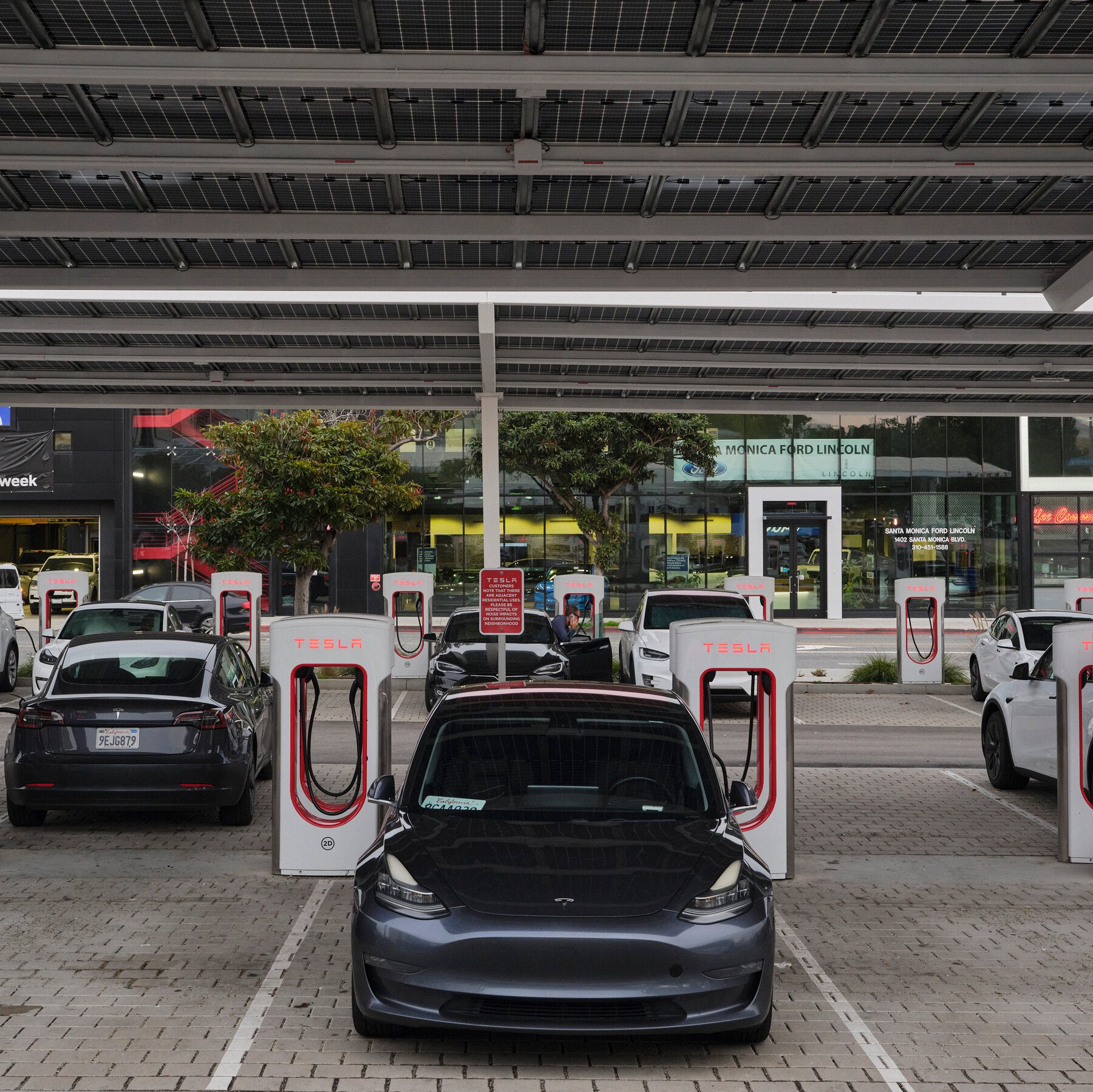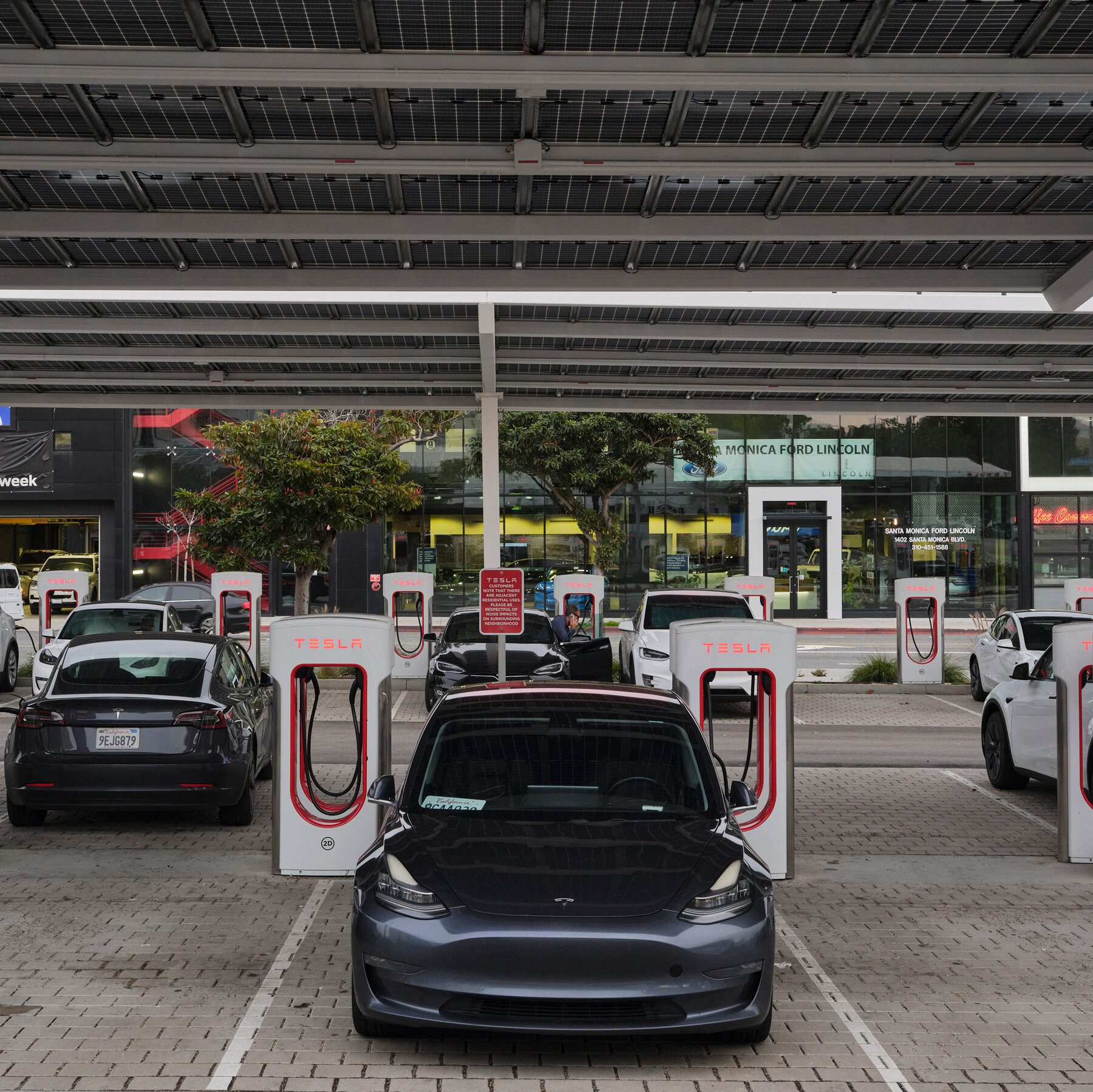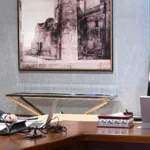U.S. Accuses Two Men of Stealing Tesla Trade Secrets


A Canadian man who lives in China was arrested Tuesday and held in New York after he and a business partner were accused of trying to sell secret battery manufacturing technology belonging to Tesla.
Federal prosecutors in Brooklyn asked a judge to hold Klaus Pflugbeil without bail on a charge of theft of trade secrets. He was arrested after meeting with undercover agents Tuesday on Long Island and trying to sell them technology used to produce battery parts, the office of the U.S. attorney for the Eastern District of New York said in a statement.
The second man, Yilong Shao, 47, a Chinese citizen, remains at large, prosecutors said. A public defender representing Mr. Pflugbeil, 58, did not respond to requests for comment late Tuesday.
Court documents identified the company whose secrets were stolen only as “a U.S.-based leading manufacturer of battery-powered electric vehicles and battery energy systems.” That description and other details in court documents match Tesla.
Mr. Pflugbeil and Mr. Shao are both former employees of Hibar Systems, a Canadian company that sold technology for battery manufacturing that Tesla acquired in 2019. They had access to drawings and other documents that allowed others to copy the manufacturing process, according to prosecutors.
After the sale of Hibar, the men formed a company that tried to sell the firm’s technology via ads on Google, posts on LinkedIn and a YouTube video, according to court documents. They were aware the technology was proprietary, prosecutors said.
Undercover agents met Mr. Shao at a trade show in Las Vegas in September and expressed interest in buying the information, which Tesla had confirmed was secret. The agents persuaded Mr. Pflugbeil to visit New York by telling him they wanted to work out a deal.
The arrest demonstrates that the government “will prosecute those who engage in theft of trade secrets that places U.S. businesses at a competitive disadvantage, undermines innovation and creates a potential national security risk,” Breon Peace, the U.S. attorney for the Eastern District of New York, said in a statement.







